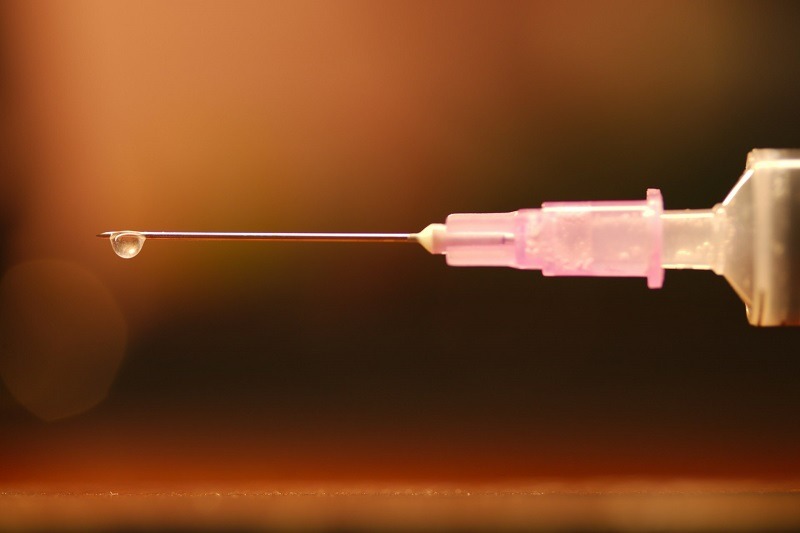Health Canada has granted marketing authorisation to Kashiv BioSciences’ long-acting G-CSF biosimilar, Pegfilgrastim injection.

The decision paves the way for the commercial launch of the injection in the Canadian market. Credit: Raghavendra V. Konkathi on Unsplash.
Subscribe to our email newsletter
The decision paves the way for the commercial launch of the injection in the Canadian market. It supports the company’s aim to broaden biosimilar accessibility in the worldwide markets.
The authorisation comes after a regulatory review by the Canadian regulator, to make sure that the injection is meeting the standards of safety, efficacy, and quality in comparison with the reference biologic.
Pegfilgrastim’s distribution and commercialisation will be led by the company’s licensing partner in the country, Jamp Pharma Group.
Pexegra is intended to reduce infection incidence, particularly febrile neutropenia, in individuals with non-myeloid malignancies undergoing treatment with myelosuppressive antineoplastic drugs.
Kashiv BioSciences chief operating officer Dr Chandramauli Rawal said: “The marketing authorisation of our Pegfilgrastim Injection by Health Canada highlights Kashiv BioSciences’ expertise in the development of complex biologics and biosimilars. We are excited to partner with Jamp Pharma Group to expand access to high-quality biosimilars to patients in Canada.”
Kashiv plans to widen its collaborations and seek additional marketing authorisations to deliver therapies to individuals.
The company offers research and development (R&D), IP, regulatory, clinical, and manufacturing services leveraging its infrastructure and team.
Jamp Pharma Group CEO Louis Pilon said: “The addition of the Pegfilgrastim Injection to our Biojamp portfolio reinforces our commitment to providing Canadian patients with access to high-quality, cost-effective biosimilar medications.”
Last month, Kashiv reported that its 125 mg/mL pre-filled syringe injection and the abatacept biosimilar candidate, KSHB002, has met the primary endpoints in a Phase I trial.
In the trial, the therapy showed a pharmacokinetic equivalence to the US-licenced reference product, Orencia.
The company is developing this biosimilar in subcutaneous and intravenous formulations.
 Advertise With UsAdvertise on our extensive network of industry websites and newsletters.
Advertise With UsAdvertise on our extensive network of industry websites and newsletters.
 Get the PBR newsletterSign up to our free email to get all the latest PBR
news.
Get the PBR newsletterSign up to our free email to get all the latest PBR
news.

